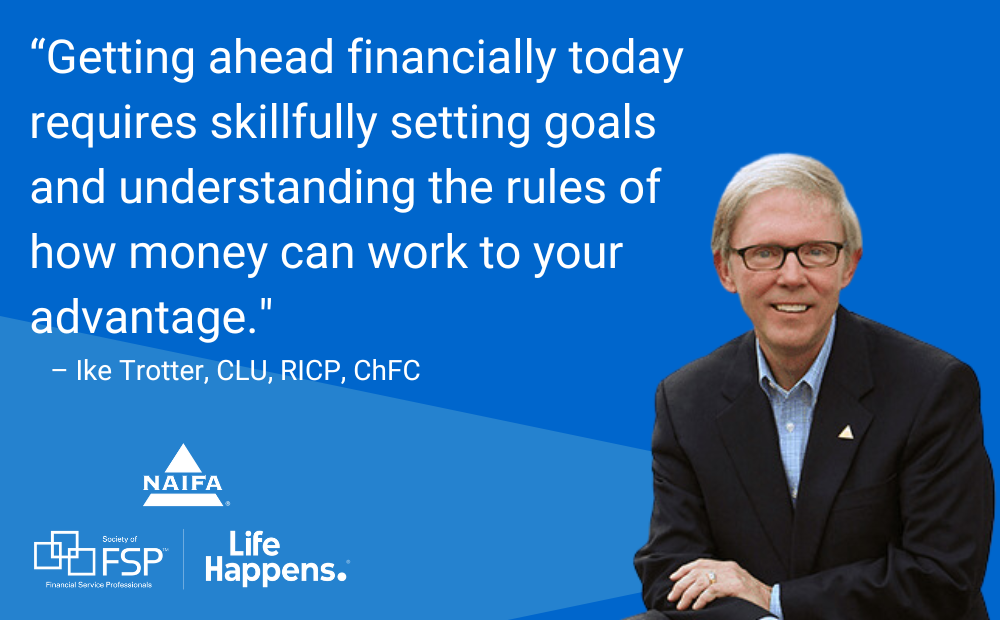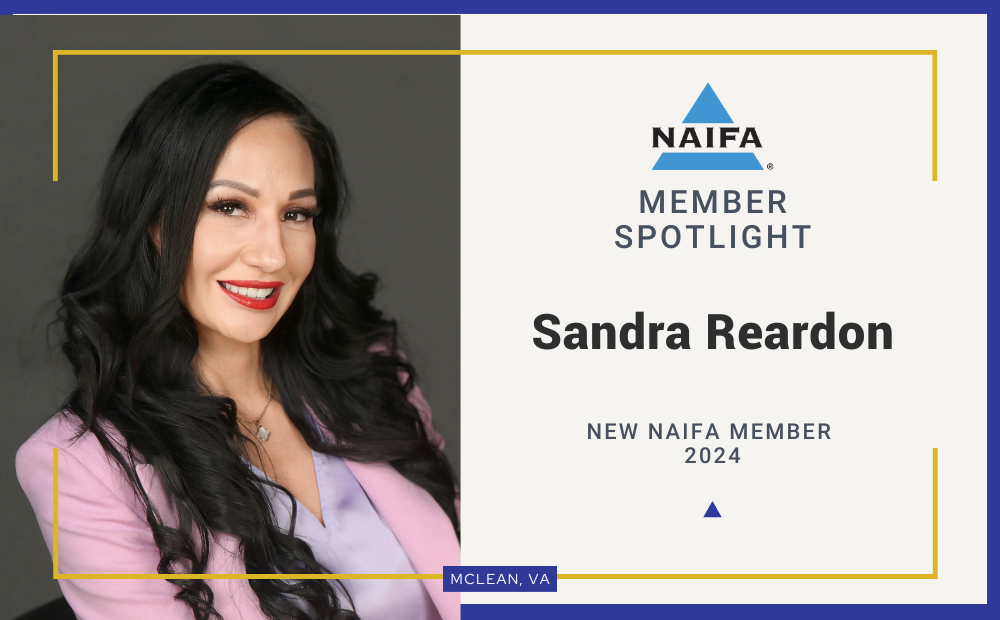There are those who will tell you if the world was perfect, everyone would have the same financial opportunities and live a life of comfort and happiness with no monetary concerns. But the reality is, the world is not perfect, regardless of the income people earn or the financial opportunities they may possess. This is because people are, in fact, not “truly” equal – be it in the classroom, the athletic field, or with financial skills. Regardless of financial status, all of us possess good traits and some bad ones. Occasionally, luck may come our way – but most times it doesn’t. Even though we often make good choices in life, we occasionally make some really dumb ones too. From these mistakes, life dishes out the usual punishments we so often deserve.
In America today, we have more control over our future direction than almost any other country on the face of the Earth. Having said that, it is extremely interesting to learn from recent surveys that the top 20% of American wage earners pay well over 75% of all taxes. So, why is it that the poor remain poor when the top earners are the ones paying the bulk of taxes? It may well be that taxes have little to do with this predicament. Maybe the poor remain poor because they haven’t been taught the financial skills to understand how money works. And grows.
One of the most elementary, yet fundamental tenets of financial planning says that you don’t invest until you have adequately saved. And, unfortunately, savings continues to be a real dilemma for the average American wage earner. Most actually have little set back in savings for a rainy day or to cope with financial emergencies that invariably come about. When I began my business career some forty-nine years ago, I was taught a very basic financial lesson by our great NAIFA legend Tom Wolff and it went like this: there are those who will spend their incomes each month and then save what is left at the end of the month. However, there are those who commit to saving a certain portion at the first of each month and then spend the balance. As only Tom could express, those in the first example usually end up working for those in the second.
For far too many today, life in America is one big financial binge that can create a lifetime of debts, notes, and credit card balances. How then do we turn things around? How do we help consumers commit to a bright financial future for themselves and accumulate assets that can be passed on to their children?
I think it starts with instilling the discipline of saving first each month. This beginning requires a budget to be instituted where people pay themselves “first” each money rather than “last.”
When talking to clients or others in your community, you might urge them to begin this process by looking at the mirror each month and asking themselves a few key questions:
- How much can I pay myself each month?
- In order to be where I want to be financially in five or ten years, what will it take to achieve this goal?
- Can I commit to this goal and resolve to stick with it?
- It may be only $25 a week but every great accomplishment starts with a first step. Remember, Rome wasn’t built in a day and neither will turning your financial house around. Are you ready to take that first step you’ve been procrastinating on each year?
To my way of thinking, getting ahead financially today requires skillfully setting goals and understanding the rules of how money can work to your advantage. Those who put up with a little sacrifice today can go a long way toward building the financial momentum needed to get ahead financially. With times being what they are today and a new year 2025 right ahead, the lessons taught by Tom Wolff still work if we put them to good use.
Ike Trotter, CLU, ChFC, RICP, is a well-recognized career professional located in Greenville, MS. A 49-year veteran of the business and long-time NAIFA Quality Award recipient, he is a frequent contributor to NAIFA’s Advisor Today. Opinions expressed are those of the author.









.png?width=300&height=600&name=Tax%20Talk%20Graphic%20-%20email%20tower%20(300%20x%20600%20px).png)
